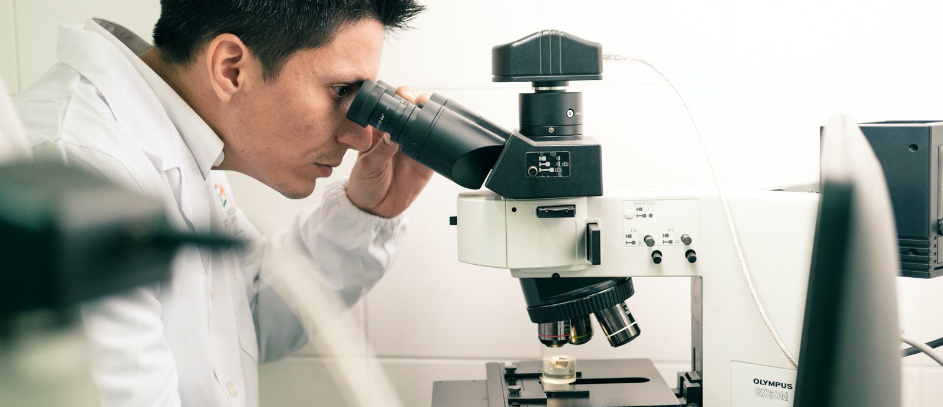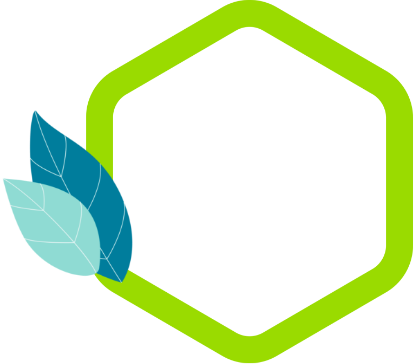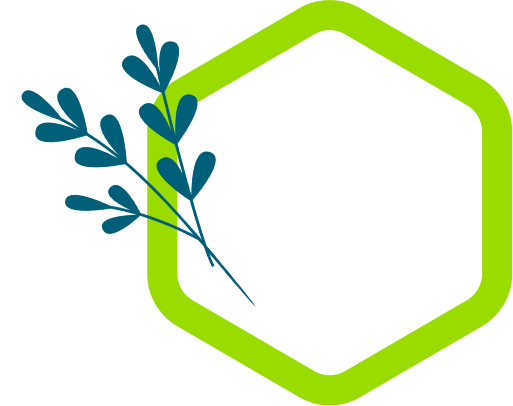Economic Value Generated
Economic Value Distributed
Economic Value Retained
Employees:
Operational costs:
Government:
Suppliers:


[103-1, 103-2, 103-3, 201-1, 201-2] [ODS: 5, 7, 8, 9, 13]
The way we go about our business and production is clearly encapsulated in our Purpose statement: We create value for the advancement of humanity through products developed by people who believe in the wellbeing of our planet. We are working on our Corporate Climate Change Policy which will allow us to evaluate the impacts, risks and opportunities of our business.
Aligned with our Strategic Management Pillars, we leverage our investments to advance the industry.
During 2020 we carried out investments valued at MUSD 38.9 of which 81% relate to projects and 19% to asset replacement.
MUSD

[103-1, 103-2, 103-3]
Our molybdenum and rhenium products are used in a variety of compositions and processes in manufacturing bridges, cars, pipes, aircraft engines and medical prosthetics around the world. We continuously seek innovative products and technologies which challenge us to provide disruptive and effective solutions for our clients.
Our highly trained employees believe wholeheartedly in playing their part in the sustainable evolution of humanity. This, commitment, coupled with our top-class infrastructure, strengthens the trust of our shareholders and investors.
Our Intellectual Property Policy safeguards and values the knowledge and innovations developed by our Company – either in-house or in collaboration with others.

In copper mining, there is growing concern about the increasing arsenic (As) content in ores. Based on our long experience, we developed a high-pressure leaching process to remove As from concentrates for commercial processing.
In Chile this project qualified as a viable and highly beneficial project under the R&D Tax Incentive Law. Molymet has initiated the patent process which has been finalized in China, the USA and Namibia and is currently in process in Chile and other countries.
At Molymet we use ammonia as a reagent in some of our production processes, leaving part of it mixed with other industrial waste where it is not fully utilized. This is why, as a Company, we began to evaluate different alternatives for the recovery of this chemical compound. Our aim is to bring a circular economy to the processes; while taking advantage of the Chilean R&D Incentive Tax Law and an approximate budget of 0.18 MUSD.
We expect the following benefits: To decrease ammonia consumption; reduce fugitive emissions; reduce solid waste going to landfill; and revalue ammonia waste.
This project will run through to the third quarter of 2021. We soon plan to move to the scale-up and pilot testing stage and then extend this knowledge throughout the Molymet group.
Electromobility has increased the consumption of lithium batteries worldwide and this presents two challenges: 1. these types of batteries require very high purity compounds for their correct operation and adequate life span. 2. Current producers have a limited capacity for the production of high purity lithium compounds. This need aroused our interest in developing alternative processes to purify lithium compounds and to manufacture suitable materials for these batteries, which we are capable of doing, thanks to our know-how in directly related hydrometallurgical processes.
We have been implementing this project since 2019 with co-financing from CORFO (The Chilean Economic Development Agency); adding collaboration with local universities to our internal capabilities in product testing. Our interim project results are confidential at this point.
